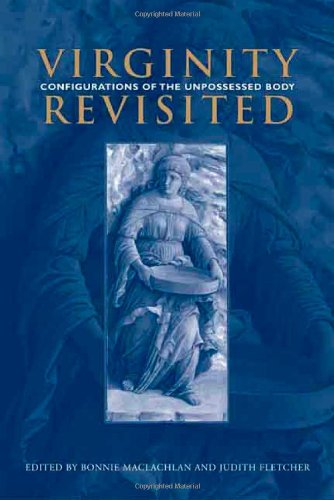

Most ebook files are in PDF format, so you can easily read them using various software such as Foxit Reader or directly on the Google Chrome browser.
Some ebook files are released by publishers in other formats such as .awz, .mobi, .epub, .fb2, etc. You may need to install specific software to read these formats on mobile/PC, such as Calibre.
Please read the tutorial at this link: https://ebookbell.com/faq
We offer FREE conversion to the popular formats you request; however, this may take some time. Therefore, right after payment, please email us, and we will try to provide the service as quickly as possible.
For some exceptional file formats or broken links (if any), please refrain from opening any disputes. Instead, email us first, and we will try to assist within a maximum of 6 hours.
EbookBell Team

4.1
70 reviewsFrom Classical Antiquity to the present, virginity has been closely allied with power: as someone who chooses a life of celibacy retains mastery over his or her body. Sexual potency withheld becomes an energy-reservoir that can ensure independence and enhance self-esteem, but it can also be harnessed by public institutions and redirected for the common good. This was the founding principle of the Vestal Virgins of Rome and later in the monastic orders of the middle ages. Mythical accounts of goddesses and heroines who possessed the ability to recover their virginity after sexual experience demonstrate a belief that virginity is paradoxically connected both with social autonomy and the ability to serve the human community.
Virginity Revisited is a collection of essays that examines virginity not as a physical reality but as a cultural artefact. By situating the topic of virginity within a range of historical 'moments' and using a variety of methodologies, Virginity Revisited illuminates how chastity provided a certain agency, autonomy, and power to women. This is a study of the positive and negative features of sexual renunciation, from ancient Greek divinities and mythical women, in Rome's Vestal Virgins, in the Christian martyrs and Mariology in the Medieval and early Modern period, and in Grace Marks, the heroine of Margaret Atwood's novel Alias Grace.